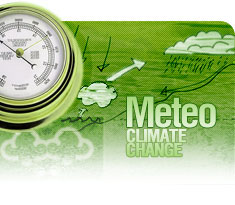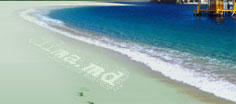https://news.trust.org/item/20200508061904-nehbu/
Ali Mohammad, a 50-year-old Afghan nomad, lost most of his sheep to a harsh drought in 2018. The following year, his home was destroyed by floods that also killed his son and two daughters.
These days he lives in a camp for displaced people in Herat province, with his surviving teenage daughter. They are cold, hungry and cannot meet their basic needs, according to a new report on climate migration in South Asia.
"Increasingly, people in Afghanistan are being displaced not by conflict but by the impacts of climate change," said Massoud Eiman of the Tadbeer Consulting and Research Organisation in Afghanistan.
"It is an untold story and many families, like Ali's, are suffering, living in limbo without protection, and struggling to get by," he added in a statement on the report published by the Climate Action Network South Asia and charity ActionAid.
Now those forced from their homes by weather-related disasters in impoverished, war-ravaged Afghanistan - about 1.2 million people at the end of 2019 - must also contend with the threat of the novel coronavirus.
Since the outbreak began, Afghanistan has registered more than 3,600 cases and over 100 deaths from COVID-19. Eiman said infection rates were likely much higher - including among displaced people - than low levels of testing might suggest.
Before the pandemic, he visited several camps in Herat, bordering virus-slammed Iran, where he saw people living more than 10 to a small tent without clean drinking water, healthcare or sanitation.
"Social distancing cannot be properly observed and due to lack of access to adequate food, health services and proper shelter... risk of infection by coronavirus is higher among the displaced people," he told the Thomson Reuters Foundation by email.
Migration experts are worried that the COVID-19 respiratory disease could spread quickly in crowded, unhygienic camps and also in centres where people shelter to stay safe in storms or floods, or because their homes have been destroyed.



 Română
Română English
English


